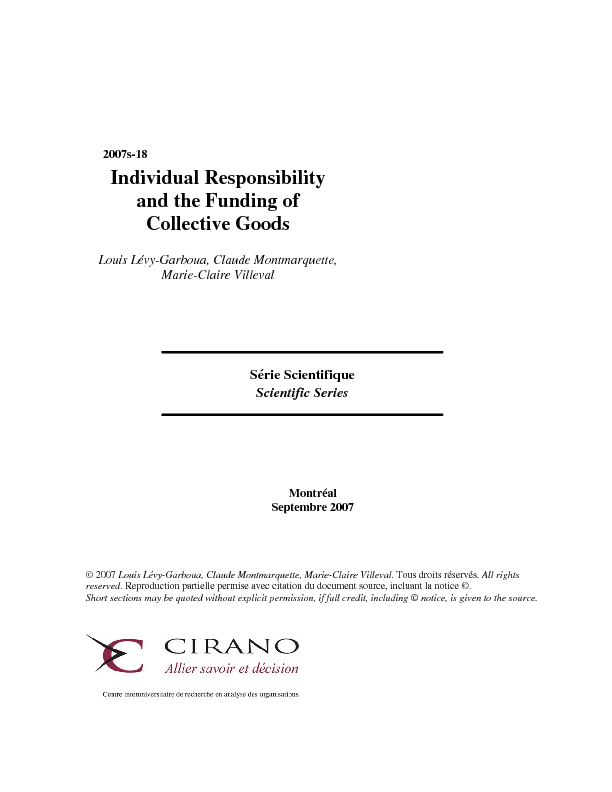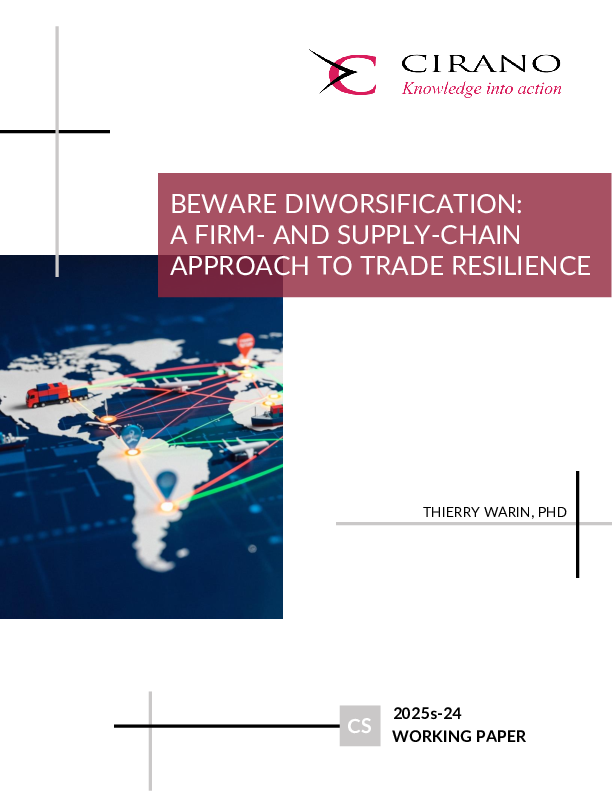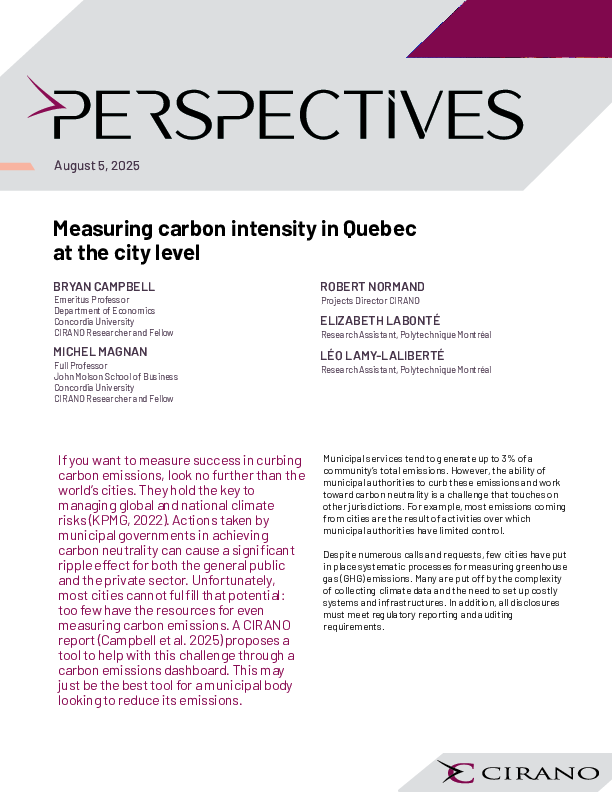Individual Responsibility and the Funding of Collective Goods
When a deficit occurs in the funding of collective goods, it is usually covered by raising the amount of taxes or by rationing the supply of the goods. This article compares the efficiency of these institutions. We report the results of a 2x2 experiment based on a game in the first stage of which subjects can voluntarily contribute to the funding of a collective good that is being used to compensate the victims of a disaster. In the second stage of the game, in case of a deficit, we introduce either taxation or rationing. Each treatment is subjected to two conditions: the burden of the deficit is either uniform for all the subjects, or individualized according to the first-stage contribution. We show that the individualized treatments favor the provision of the collective good through voluntary cooperation whereas the uniform treatments encourage free-riding. Individualized taxation brings the voluntary contributions closer to the optimum while uniform rationing appears to be the worst system since free-riding restrains the provision of the good.
[ - ]




